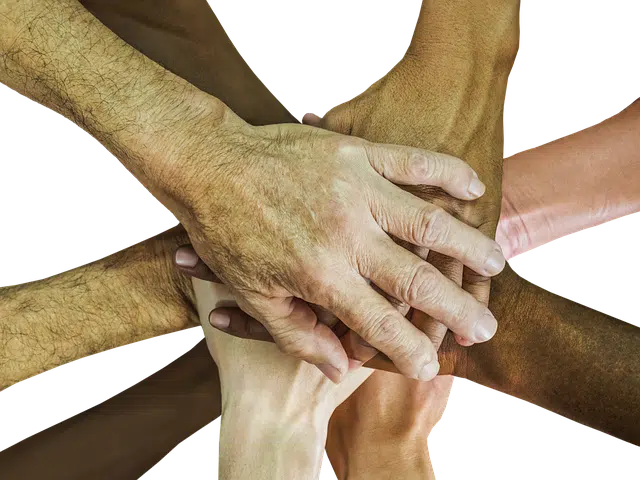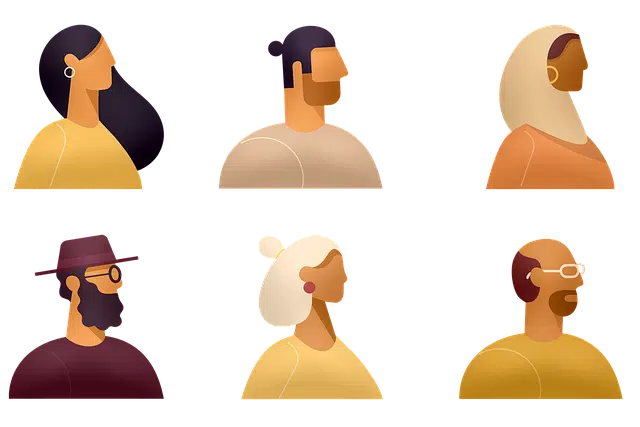
Otherness is associated with knowing the interests of the "other."
The first thing we are going to do is determine the etymological origin of the term otherness that concerns us now. In this sense we have to establish that it comes from Latin, specifically from the word “alteritas”, which is the result of the sum of two components: “alter”, which can be translated as “other”, and the suffix “-dad”, which It is used to indicate “quality.”
Otherness is the condition of being other. The word alter refers to the “other” from the perspective of the “I” . The concept of alterity, therefore, is used in a philosophical sense to name the discovery of the conception of the world and the interests of an “other.”
Differentiation between "I" and "others"
Otherness must be understood from a division between an “I” and an “other” , or between an “us” and a “them” . The “other” has customs, traditions and representations different from those of the “I” : that is why it is part of “them” and not “us” . Otherness involves putting oneself in the place of that “other” , alternating one's own perspective with that of another.
That is to say, otherness is a good example of interest in understanding oneself. Hence, it is responsible for promoting both dialogue and agreements and even peace paths to any possible conflict.

Discovering and accepting otherness is essential for peaceful coexistence.
Alterity and otherness
Precisely because of everything it is and what it means, normally when talking about otherness, another concept also comes to mind, that of otherness. Sometimes they are used as synonyms, however, the latter we have to say is that term that is used to express that when a person is engaging in a conversation with another, what they do is take ownership of them. How do you do that? Resorting to common phrases like “if I were you what I would do would be…”.
Because of what they mean and the values that both alterity and otherness express and transmit, they are used in certain areas of study such as, for example, History or Anthropology. And they serve to understand the positions of some parties or others in any event or fact.
This means that otherness represents a will to understand that encourages dialogue and fosters peaceful relationships. When a Jewish man enters into a romantic relationship with a Catholic woman, otherness is essential to understand and accept the differences between them. On the other hand, if little otherness is recorded, the relationship will be impossible since the two visions of the world will only collide with each other and there will be no space for understanding.
The importance of dialogue and integration
Otherness can also be understood on a broader level. The meeting between two countries or two peoples implies putting different ways of life face to face. If there is a desire for otherness, integration can be harmonious, since each people will respect the beliefs of the other. This dialogue, on the other hand, will enrich both. On the other hand, if there is no otherness, the strongest people will dominate the other and impose their beliefs. This happened, for example, after the arrival of the European conquerors to America .
Some scholars, such as Adrián Vázquez Fernández, have considered that there are basically three types of alterity: political alterity, ethical alterity and ethico-political alterity.
